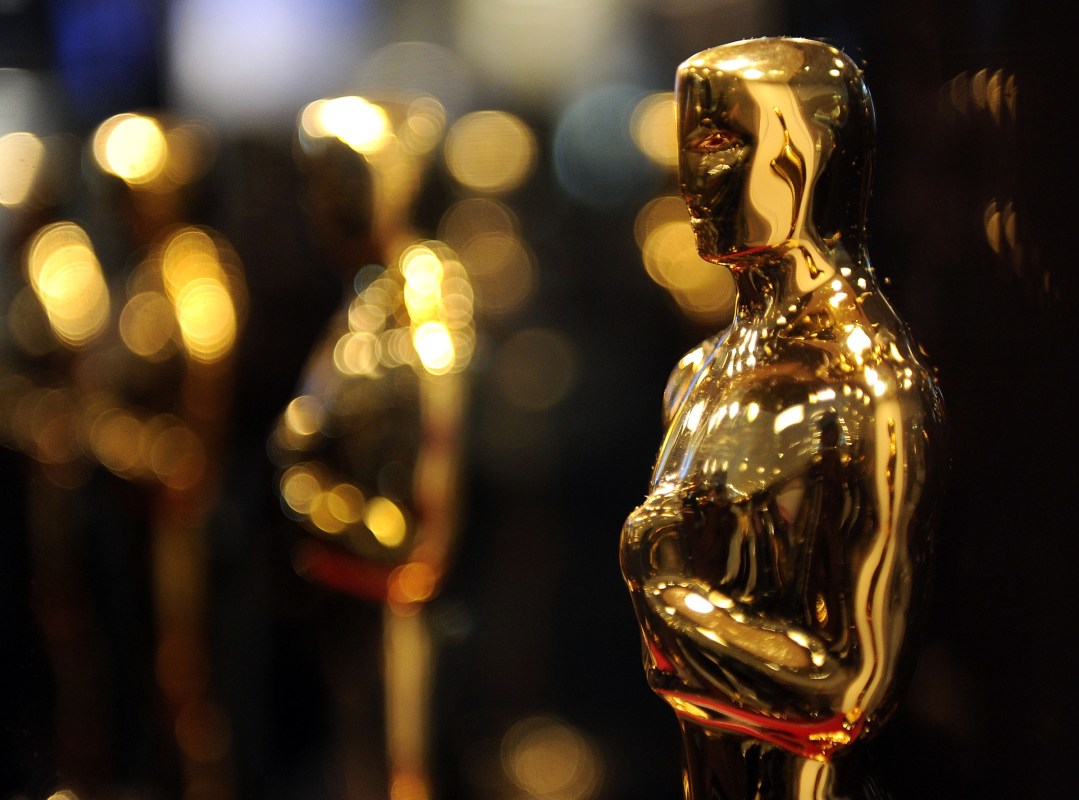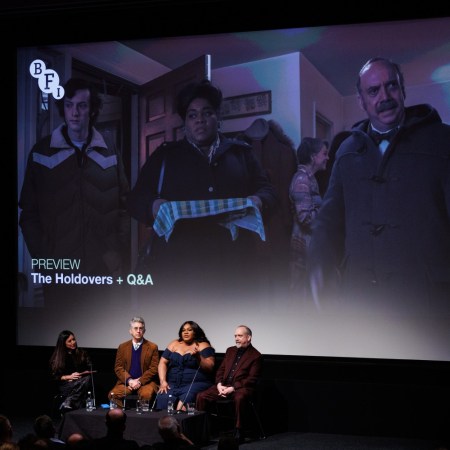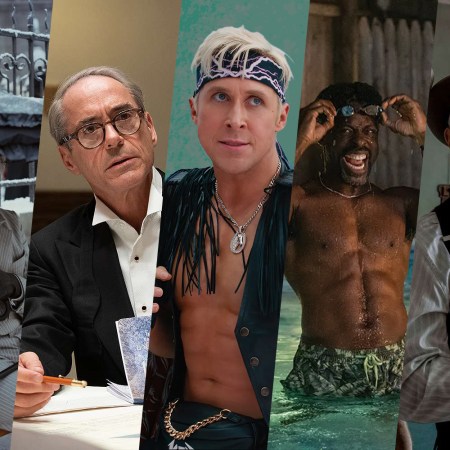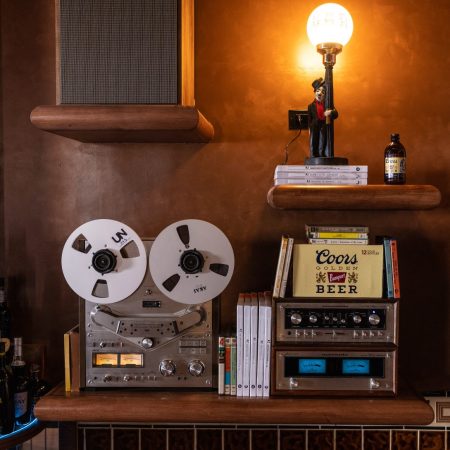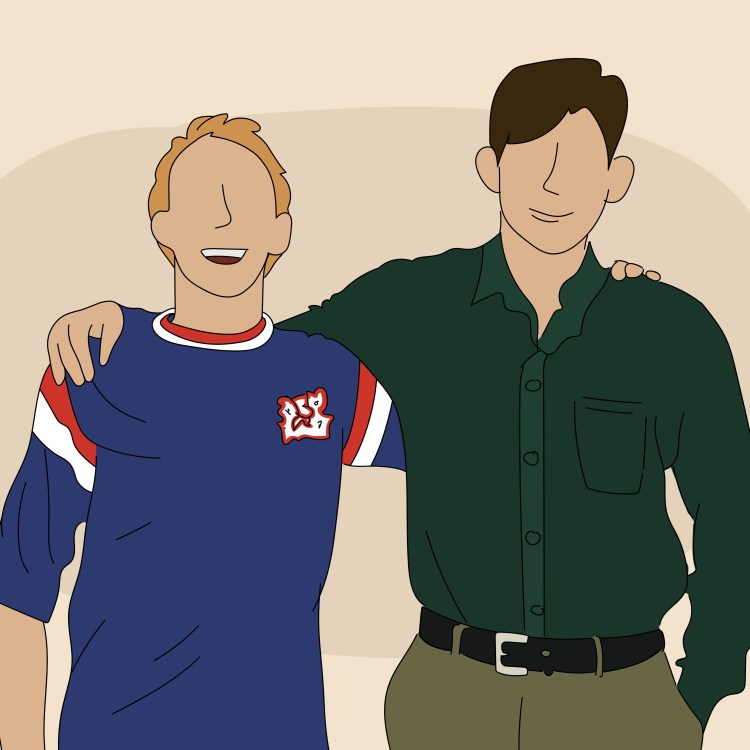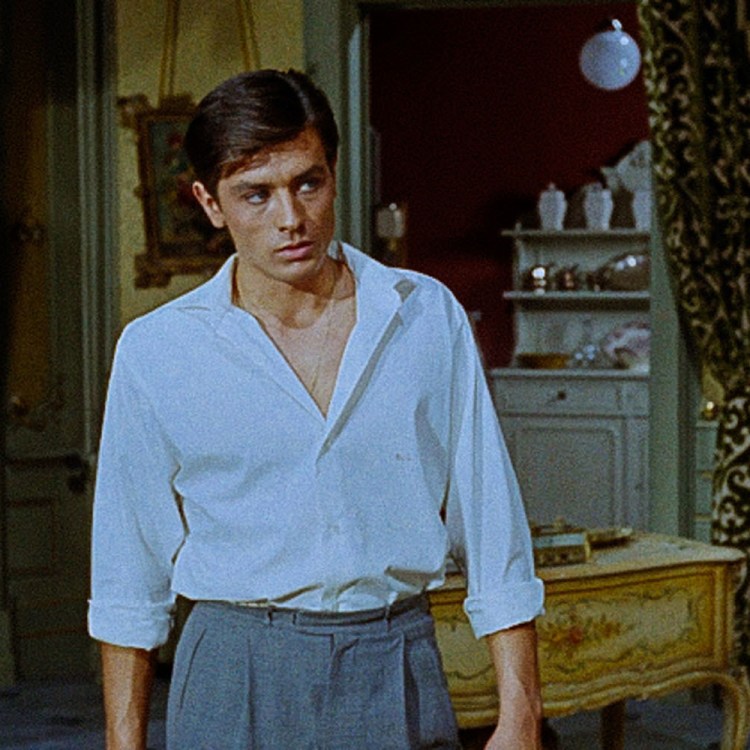There’s a reason for all the indecision surrounding the Academy Awards lately – it’s fear. Fear of declining audiences. Fear of surrendering power. Fear of streaming. Fear of making the wrong comment on a slow news day.
Is the Academy in a no-win situation this year – and can the Oscars re-establish relevance?
Don’t ask IAC Chairman Barry Diller who declared to Recode’s all-things-future expert Kara Swisher :”Hollywood is now irrelevant.”
Ouch!
Citing the ascendance of Netflix, the former CEO of Paramount and Fox waxed nostalgic for the era of film moguls: “It used to be if you could get your hands on a movie studio, you were sitting at a table with only five other people, and so that table dominated media worldwide. That’s over.”
And by people, Diller means white men – even if he doesn’t spell it out. He comes from an era when that wasn’t necessary, an era of entitlement. And sooner or later somebody’s going to discover the soft white underbelly and that’s going to be the end of that.
If the king is dead, who do we hail – and how?
Navigating the current climate of inclusion, however well-intentioned, is a minefield. And the men that once dominated, like Diller above, are struggling with their dino-fication even while trying to keep their tiny Tyrannosaurus Rex hands in the cookie jar.
Fear of failure and irrelevance marked the December choice of African American comedian Kevin Hart to host the event. That was a choice born of flop sweat and a pile of talent rejections.
Following an uproar in response to Hart’s past homophobic comments, he was out, he was in, he was out – and he was on Ellen. It was a destabilizing moment for an event already unmoored and plagued by declining ratings and interest in those films that tend to rise as the cream of each year’s crop.
Hosting the Oscars has become one of the diciest don’t-go-there high profile gigs in Hollywood. The odds are forever not in favor of the individual on stage navigating the Scylla and Charybdis of politically and socially correct jests in front of a room of laughter-challenged nervous nominees. The gig has felled David Letterman, Neil Patrick Harris, Seth MacFarlane and the ill-advised combo of Anne Hathaway and James Franco, to name a few.
Among the most interesting side points relating to Hart is the success he had post-Oscar debacle opposite Bryan Cranston in the bathetic Driving Miss Daisy dramedy The Upside. The remake of the 2011 French hit The Intouchables (a lingering pet project of disgraced mogul Harvey Weinstein) has grossed an incredible $95M, a tidy sum for a mess of a movie. Theater audiences seemed undeterred by the controversial nature of Hart’s opinions that knocked him off the Oscar parapet.
That disconnect between what audiences want and what the film industry is in the age of streaming has led to other recent missteps: like the culling of live musical performances during the program (to be televised live on ABC this Sunday at 8 p.m. ET, 5 p.m. PT.). This was followed by their swift reinstatement – and the Divine Miss Bette Midler coming to the rescue.
Ditto the controversial decision to trim the event’s bloat by announcing a handful of technical awards – Cinematography, Live-Action Short, Editing, and Makeup and Hairstyling — during commercial breaks. Outrage among the guilds and within the Academy itself scrapped that bright idea.
And then there was the tone deaf “best popular film” category that rose and fell like a black bubble in the famed La Brea Tar Pits. If the expanding of Best Picture nominations from five to a possible ten a decade ago didn’t ensure that Hollywood’s biggest moneymakers also landed on the Best Pic list, this flat-footed suggestion was only going to be received as it was: blue ribbons for all participants rather than a recognition of the Best, as recognized by the Academy.
While talking today to a random man on the street – actually my dentist – before I had a jaw full of Novocain, he protested that he and the wife just didn’t follow the movies in theaters any more. They bought DVDs and couldn’t distinguish between whether the entertainment had ever been in a theater or had begun directly on the small screen. I’m not sure he had to stick out his tongue for emphasis but he had a point. Spit. And rinse.
The movie industry is by no means dead yet, whatever Mr. Diller pontificates among his Vail cronies. But the annual Academy Awards, which were must-see viewing when I was growing up because we had so few choices and it was an annual big event, have to fight to be relevant now to attract an audience. And that should be easy: the awards have to entertain. They require rhythm and pacing and suspense and star power. Along the much-shorter way, they must move audiences to cry, laugh and be awestruck.
That shouldn’t be impossible. After all, isn’t entertainment Hollywood’s homegrown brand?
This article was featured in the InsideHook newsletter. Sign up now.
